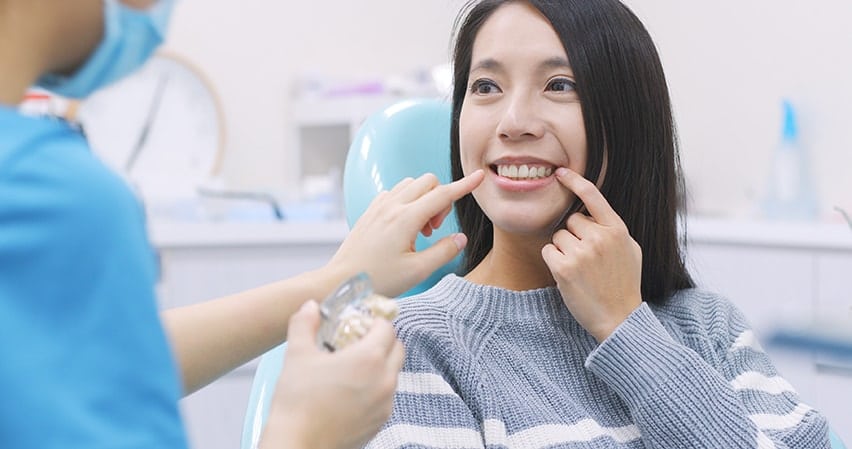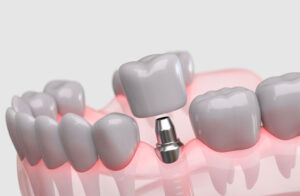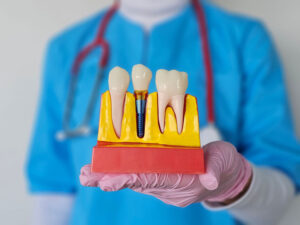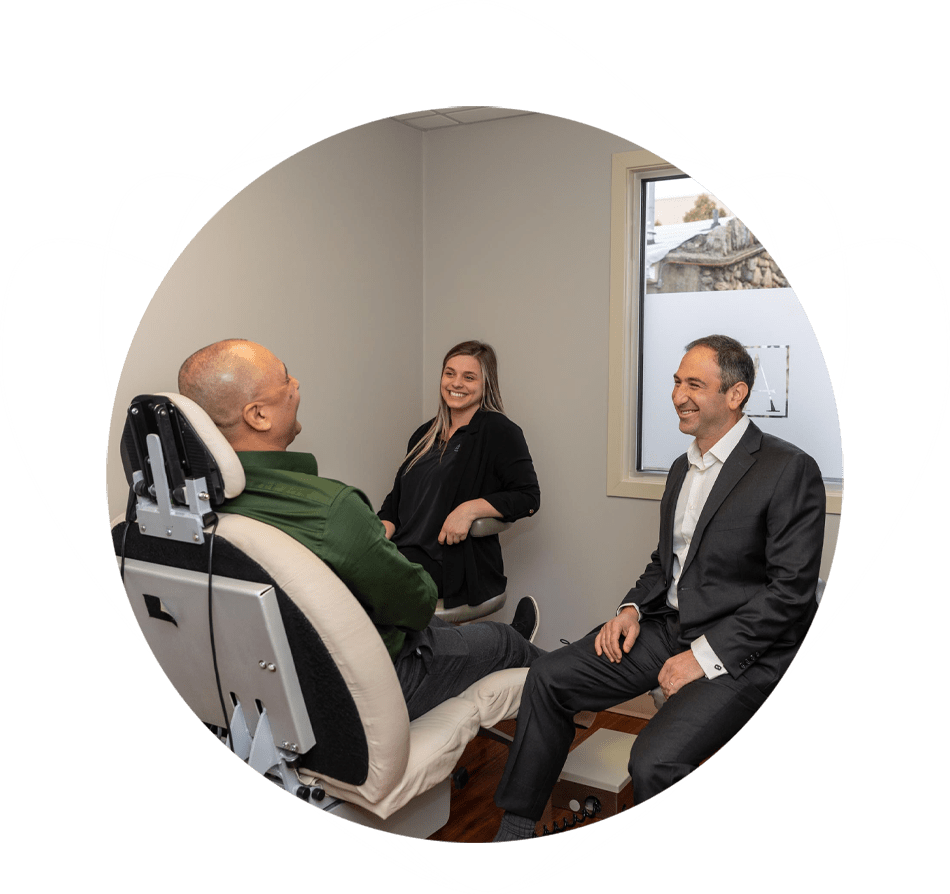For kids, a loose tooth is something really exciting. It’s a sign of growing up, as baby teeth fall out and are replaced with permanent adult teeth. But when people grow up, a loose tooth is more likely to cause alarm. Bust should people really be concerned if they have loose teeth in Mohegan Lake, NY?
Luckily, a skilled and trusted doctor will know which loose teeth should make them worry and which teeth can be treated. Here are some common causes of loose teeth for adults, and how they should respond to them.
When Should I Worry About Having Loose Teeth In Mohegan Lake, NY?
Depending on why people have loose teeth, and the conditions of those loose teeth, it can be determined whether or not people should worry about having loose teeth. The following are the situations where people should or shouldn’t be worried about having loose teeth.
Normal Movement
Natural teeth are intended to have a little wiggle room. Teeth are not directly secured into the jawbone, but with a tough yet flexible ligament. This ligament allows the tooth to move just a little bit.
About a hundredth of an inch of movement room for teeth is normal, just enough that people might feel it move under significant pressure. But people should not actually be able to see the movement of their teeth. The tooth should also not bleed or hurt when it slightly moves, either.
Recent Orthodontic Work
When people have had any type of orthodontic treatment done, then they might experience loose teeth for a while afterward. All orthodontic treatments, whether it’s traditional braces or Invisalign® clear aligners, can all cause teeth to move during treatment, and even after treatment for a while.
That’s why people should wear retainers after orthodontic treatment. The retainer helps hold the patient’s teeth in the desired location while they restabilize themselves in their new location.
When people’s teeth slightly move around for a while after orthodontic treatment, it’s probably not a cause for concern. Orthodontic patients should keep wearing their retainer and follow regular dental care instructions.
Tooth Trauma
When people have had trauma to their teeth, then it can cause their teeth to loosen. Sometimes a tooth might be loose immediately after trauma, and other times it can take days or weeks after trauma for the tooth to be noticeably loose. When dental trauma causes people’s teeth to become loose, then they should immediately go to a practiced dental doctor so it can be professionally looked at and treated.
The doctor will look at the tooth and recommend a course of action. If the patient has an orthodontic retainer, it might be enough to wear it while the tooth heals. Or maybe the tooth can be treated with a splint, attaching it to neighboring teeth. This can hold it in place while it heals. If tooth trauma is severe enough, then the tooth may need to be removed through a precise tooth extraction procedure.
Gum Disease
Advancing gum disease, also known as periodontitis, can lead to teeth becoming loose due to the progressive deterioration of the supporting structures of the teeth. In the early stages of gum disease, known as gingivitis, inflammation and infection affect the gums. If left untreated, this condition can progress, causing the inflammation to extend deeper into the supporting bone and connective tissues.
As the infection worsens, it triggers the body’s natural response to fight off the infection, leading to the release of enzymes that break down the bone and tissues holding the teeth in place. This results in the loss of the bone’s density and structure, causing teeth to lose their stable anchorage, become mobile, and eventually, in severe cases, it can lead to tooth loss.
Luckily, gum disease treatment is often successful at saving teeth in this condition. Loose teeth may be treated with a splint while the gum disease is being taken care of. A splint connects the loose tooth to more secure neighbors, giving it more time to heal.
If the splint works, the natural tooth will become secure again and the patient won’t need to replace their infected teeth with dental implants. Treating gum disease also helps protect the patient’s overall health from related health conditions, like heart disease, dementia, stroke, and even cancer.
Tooth Infection
When people have infected teeth, it might seem secure for a while, but the infection can destroy the bone and tissues that anchor the tooth, making it loose. An infected tooth is typically very painful. It may hurt spontaneously, or it may cause deep, lingering pain in response to pressure, heat, cold, or sweets. People with tooth infections may also have chronic bad breath or a foul taste in their mouth.
An infected tooth is also likely to turn dark as the pulp inside it dies. But sometimes an infected tooth doesn’t hurt at all. And it may not change color. When people have infected teeth, it can be expertly evaluated by a quality doctor. The doctor can then decide if the infected teeth can be saved with root canal therapy. Root canal therapy removes the infected tissues, saving the tooth. Once a tooth has been treated with root canal therapy, it can last for years to come.
Bad Bite
When people have an imbalanced bite, it can put excessive force on their teeth. Having a bad bite can lead TMJ disorder. TMJ disorder causes symptoms like jaw pain, jaw popping or clicking, headaches, ear pain, ringing in the ears, or vertigo. If left untreated, bad bites can worsen over time, leading to more loose teeth.
A dedicated doctor can evaluate patients for bite for problems, allowing them to determine what needs to be done
When Should I Replace My Loose Teeth In Mohegan Lake, NY With Dental Implants?
When people have loose teeth that fall out or need to be removed through tooth extractions, then they should be replaced with dental implants. While the doctor will try to save loose teeth, sometimes they need to be removed and replaced by restorative tooth replacement options.
Dental implants are a gold standard tooth replacement option that gives patients a beautiful, functional, and healthy new smile. The dental implant is composed of a dental implant post, abutment, and prosthesis. The dental implant post is made to act like a natural tooth root.
When the dental implant post is placed in the patients jawbone where their loose teeth were, it not only becomes a permanent part of their smile through osseointegration, it also stimulates the jawbone like a natural tooth root. The stimulation keeps the jawbone dense and strong so that it can reliably support the patient’s new smile.
Which Types Of Dental Implant Options Can Replace Loose Teeth?
At a state-of-the-art doctor’s office, severely loose teeth that fall out or are extracted can be replaced with single dental implants, implant supported dentures, and full mouth dental implants. Single dental implants can replace one missing tooth with a single dental implant post, abutment, and prosthesis.
Implant supported dentures can be used to replace missing or removed teeth and are an upgrade from traditional dentures. With implant supported dentures, two or more dental implants are used to secure a denture in place. Once the denture is secured by the two or more dental implants, patients will have an easier time eating, speaking, and smiling properly.
For those who need a full arch of new teeth, they can be treated with full mouth dental implants. With full mouth dental implants, four or more dental implants are strategically placed in the patient’s jawbone. After the full arch prosthesis is attached to the dental implant posts with abutments, the patient will have a restored new smile. With full mouth dental implants, patients will be able to resume a normal diet, speak properly, and smile with confidence.
See Us Now So We Can Save Your Teeth And Your Smile
A loose tooth doesn’t necessarily mean that the tooth will be lost. At our caring and advanced office, we use the latest techniques and technologies to save your smile.
Don’t hesitate to improve your smile with us. Get in contact with Dr. George Sepiashvili, Dr. Wanda Mejia, and our exceptional team at our Advanced Dentistry of Mohegan Lake office to schedule an appointment today!
